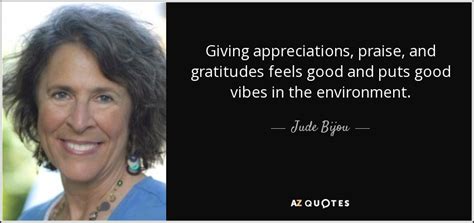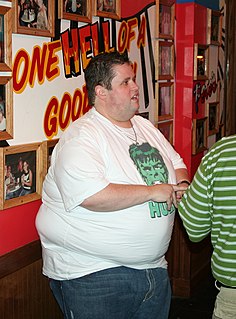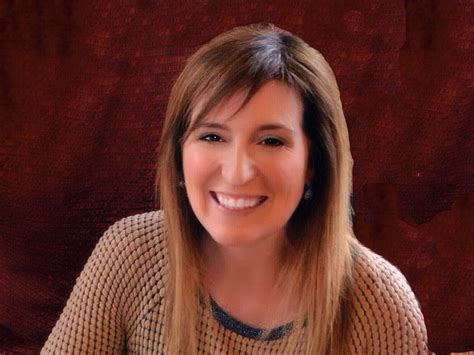A Quote by Paul Bloom
My book is going to be called Against Empathy, which may give you a feeling for where my argument is going to go. Whenever I talk about this, I have to begin in the most boring of all possible ways: by defining my terms. By "empathy," some people mean everything that is good - compassion, kindness, warmth, love, being a mensch, changing the world - and I'm for all of those things. I'm not a monster.
Related Quotes
For the most part, people use "empathy" to mean everything good. For instance, many medical schools have courses in empathy. But if you look at what they mean, they just want medical students to be nicer to their patients, to listen to them, to respect them, to understand them. What's not to like? If they were really teaching empathy, then I'd say there is a world of problems there.
Being kind doesn't mean being soft or a wuss. Kindness is not a sign of weakness. It is a sign of confidence. If you have developed a reputation for kindness and consideration, then even the most unpleasant decisions will go down easier because everyone will understand why you are doing what you are doing. They will realize that your decision must be necessary, and is not arbitrary or without empathy. As the old saying puts it, 'To the world, you may be one person, but to one person you may be the world.'
When we endure our own tragedies or trials, most of us develop some empathy and compassion for others who are suffering. The trick is to keep that sense of compassion going throughout our daily lives, when we are likely to go on automatic pilot and move back into being judgmental, especially when times are tough.
I think the act of reading imbues the reader with a sensitivity toward the outside world that people who don't read can sometimes lack. I know it seems like a contradiction in terms; after all reading is such a solitary, internalizing act that it appears to represent a disengagement from day-to-day life. But reading, and particularly the reading of fiction, encourages us to view the world in new and challenging ways...It allows us to inhabit the consciousness of another which is a precursor to empathy, and empathy is, for me, one of the marks of a decent human being.
When people want to inspire you to turn against some group of people, they'll often use empathy. When Obama wanted to bomb Syria, he drew our attention to the victims of chemical warfare. And in both of the Iraq wars, politicians said, "Look at the horrific things that are happening." I'm not a pacifist. I think the suffering of innocent people can be a catalyst for moral action. But empathy puts too much weight on the scale in favor of war. Empathy can really lead to violence.
Empathy is a human trait. But lots of humans exercise some traits more energetically than others. By "the usefulness of empathy" I mean the way in which a progressive might claim that empathy is a crucial aspect of any benign political system, and the way a conservative might argue that not only is it not necessary, but it might not even be all that helpful, in that regard.
I've had people hate me for my appearance. I think it gets me a certain level of empathy with the audience. If I was white and handsome and privileged, I probably couldn't talk about what I talk about because people wouldn't believe that I have empathy or I could be evenhanded and objective. It's strange.
A fight is going on inside me," said an old man to his son. "It is a terrible fight between two wolves. One wolf is evil. He is anger, envy, sorrow, regret, greed, arrogance, self-pity, guilt, resentment, inferiority, lies, false pride, superiority, and ego. The other wolf is good. he is joy, peace, love, hope, serenity, humility, kindness, benevolence, empathy, generosity, truth, compassion, and faith. The same fight is going on inside you." The son thought about it for a minute and then asked, "Which wolf will win?" The old man replied simply, "The one you feed.































